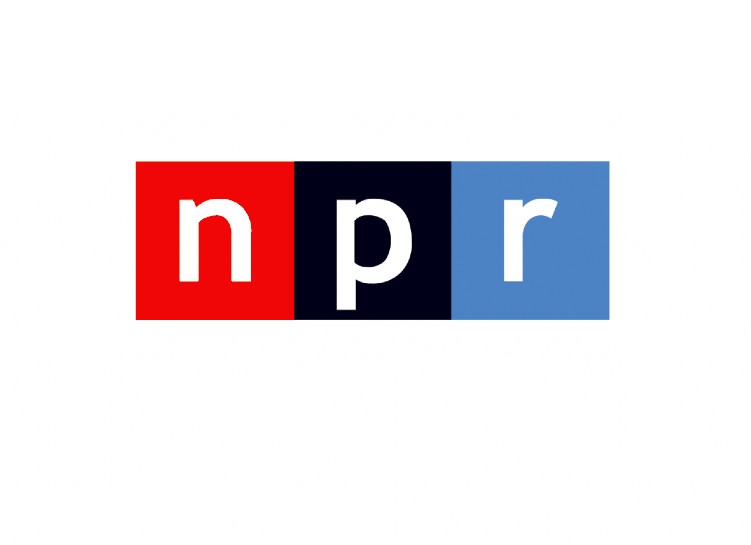A fresh defamation trial for conspiracy theorist Alex Jones that began this week could offer slivers of insight into the effectiveness of "deplatforming" — the booting of undesirable accounts from social media sites.
This trial, in Connecticut, is the second of three trials Jones faces for promoting lies on his streaming TV show and Infowars website that the 2012 Sandy Hook Elementary School shooting was a hoax. The victims' families, whom Jones called "crisis actors," have faced harassment, threats and psychological abuse. In August, a Texas jury awarded family members $45.2 million in damages, though Jones says he intends to appeal the decision.
Jones, a serial conspiracist and fabulist, was kicked off almost all major internet and social media platforms in 2018 after he threatened then-special counsel Robert Mueller, who was investigating then-President Donald Trump's ties to Russia. Initially, a round of media coverage touted flagging traffic to Jones' websites as evidence that "deplatforming works." However, revelations from Jones' defamation trials may point to the existence of a rarified class of extreme internet personalities who are better shielded from efforts to stem the reach of their content...
The difference between Jones and many of the other right-wing actors who have been deplatformed, says political scientist Rebekah Tromble, who directs George Washington University's Institute for Data, Democracy & Politics, "is that Infowars had an existing infrastructure outside of social media."


